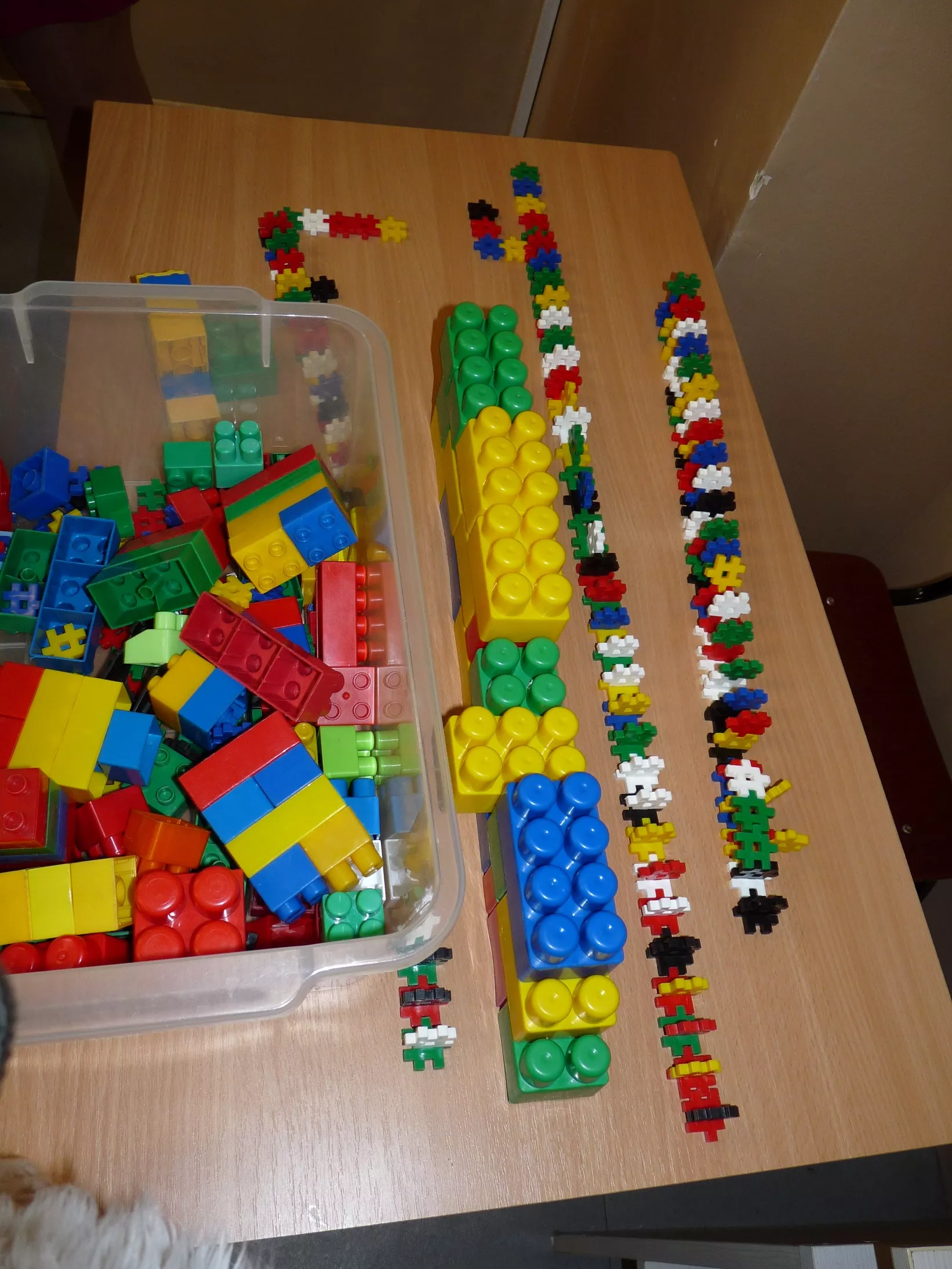″Sounds of the Heart” in Serbia (Visiting the Serbian Society of Autism)

Written by: Erika Bartos
I am the mother of a 17-year-old autistic boy so my life has been intertwined with autism, with all its ups and downs, miracles and hardships. Certainly, the overcoming of difficulties poses the greatest challenge for parents; this is by far the most common subject matter in our conversations. However, you hear less about the many nice and empathetic people, the lifelong friendships you make and the special experiences – be them intriguing lectures, training sessions, books, films or the sports successes of your child – you encounter because your loved one has autism. I am grateful that over the course of 17 years I have had the chance to experience this side of autism as well.
I was fortunate to be given another great opportunity in October, 2019, when I travelled to Belgrade as a member of the Mars Foundation delegation from Hungary in the frames of the Erasmus+ PROPAR Project hosted by the Serbian Society of Autism.
All participants of the project representing societies and foundations from four countries were friendly and open when welcoming the newcomers, including me.




In the next phase of our program, our after-school activity included a visit to a nice coffee house in Belgrade, where we got a lot more than a cup of fine coffee... Entering the coffee house called ″The Sounds of the Heart” we could immediately feel the cosy and nice atmosphere and were welcomed by an exceptionally friendly staff and the leader of the Foundation being in charge of the facility. He told us the story of the coffee house and spiced his presentation with numerous anecdotes. During the presentation a nice waiter approached us and recorded the orders of all 12 participants without taking any notes, i.e. he memorized every single detail. He reappeared in a short while and served each of us and brought exactly the delicacy we had ordered. He was an autistic man, one of the employees.
 This place is unique not only because of the staff but also because anyone may enter and drink a cup of coffee or tea free of charge. There were instances when entire sports teams held their celebrations here. Guests can leave their tips and donations in the little heart-shaped boxes on the tables. Besides the coffee house the Foundation is also involved in developing and equipping a modern cooking facility and operates an arts workshop where e.g. unique T-shirt printing is taking place - again with the purpose of giving job to adults with handicaps.
This place is unique not only because of the staff but also because anyone may enter and drink a cup of coffee or tea free of charge. There were instances when entire sports teams held their celebrations here. Guests can leave their tips and donations in the little heart-shaped boxes on the tables. Besides the coffee house the Foundation is also involved in developing and equipping a modern cooking facility and operates an arts workshop where e.g. unique T-shirt printing is taking place - again with the purpose of giving job to adults with handicaps. The third stage of our visit was a daycare center, which was opened in an old mansion back in 1991 making it the very first facility of this kind in the whole country. The instiution provides service mainly to adults with autism, some of the patients spend the whole day here, whilst others join in the afternoon. At present the youngest client is a 17-year-old high-school student, who spends his afternoons in the center.

This institution had a big impression on all of us. I personally will never forget the great photo series on the staircase walls. These pictures were artistic reflections of the life of autistic residents from the perspective of a professional photographer.
Our job; however, was not finished on the completion of this ″field trip” as the delegations of the four countries discussed and reconciled their current, ongoing projects and plans in the frames of a workshop meeting.
The next important agenda point was the introduction and comparison of state subsidies available and applied in the Easter-European countries involved in this project. The focus was primarily financial support provided to the families of autistic people. Having collected the data we established that there are many similarities and although the amount of support may vary from country to country, autism continues to put an enormous financial burden on the affected families no matter where they live. Also, several participants noted that the availability and use of subsidies is made all the more difficult by the mandatory periodical medical revisions and the lack of adequate information.
Still, money – although inevitable and important – does not provide a solution to all issues we face. My experience in Serbia convinced me again that you can move mountains with devotion, patience, love and good will. I do hope that the great and extraordinary people I met in Belgrade will have more followers... Those people who give their heart into and work day and night at the Foundation, the school and the coffee house to support people with autism and their families. And also, those people who welcome and host autistic children from the neighboring school, or who visit the Sounds of the Heart coffee house...

Among many other things, this is the experience, idea and message I felt and brought with myself from this trip, from Serbia. I am truly grateful for this opportunity and experience, thank you so much for it.




